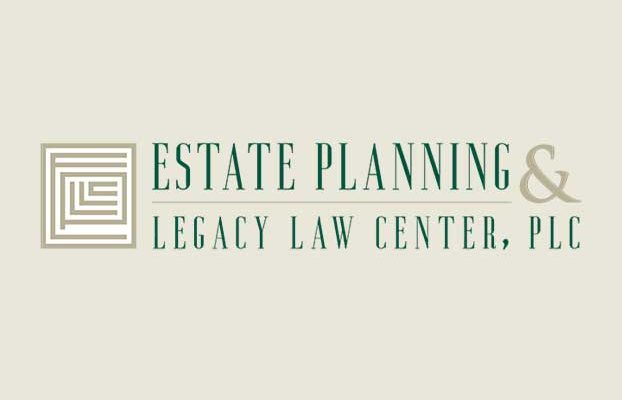

There is a common misconception that estate plans are only for the ultra-rich – the top 1 percent, 10%, 20%, or some other arbitrary determination of “enough” money. In reality, nothing could be further from the truth. People at all income and wealth levels can benefit from a comprehensive estate plan. Sadly, many have not sat down to put their legal house in order.
According to a 2016 Gallup News Poll more than half of all Americans do not have a will, let alone a comprehensive estate plan. These same results were identified by WealthCounsel in its Estate Planning Awareness Survey. Gallup noted that 44 percent of people surveyed in 2016 had a will place, compared to 51 percent in 2005 and 48 percent in 1990. Also, over the years, there appears to be a trend of fewer people even thinking about estate planning.
When it comes to estate planning, the sooner you start the better. Below are four reasons why everyone – no matter what income or wealth level – can benefit from a comprehensive estate plan:
Forward Thinking Family Goals: Proper estate planning can accomplish many things. The first step is to ask what your goals are. They may include caring for a minor child, an elderly parent, a disabled relative, or distributing real and personal property to individuals who will appreciate and maintain these assets prudently. Understanding what your family wants and needs are for the future is a great starting point for any estate plan. If you can sit down and spend time planning your vacation, you can do the same for your estate. Your future self, and your loved ones, will thank you.
Financial Confidence Now and After You Are Gone: One immediate benefit of having a finished estate plan in place is that you will likely feel in control of your finances, possibly for the first time ever. Many people experience a new sense of discipline in maintaining their finances which can help with saving for retirement, a big purchase, or other goal. In addition to the personal benefit of financial control, an estate plan allows you to dictate exactly how and when your heirs receive an inheritance. This is particularly important for minor heir or those who need additional guidance to manage their inheritance, like a disabled child.
Identify Risks: An important aspect of a good estate plan is to mitigate against future and current risks. One example is becoming disabled and unable to support your family. Another is the possibility of dying early. Through an estate plan you can chose who will be in control of your personal assets, instead of the court appointing a legal guardian who will cost money and be a distraction for your family. While contemplating these types of risks is never fun, preparing ahead of time ensures your loved ones will be prepared if an unfortunate tragedy occurs.
To Maintain Your Privacy: In the absence of an fully funded, trust-based estate plan, a list one’s assets are available for public view upon death. This occurs when a probate court needs to step in. Probate is the legal process by which a court administers the deceased person’s estate. A solid estate plan should generally avoid the need for involvement by the probate court, so your family’s privacy can be maintained.
The Bottom Line: Seek Professional Advice
There are numerous benefits to working with a professional team when it comes to estate planning. Estate planning attorneys, financial advisor, insurance agents, and others have a broader and deeper knowledge of money management, financial implications, and the law. When you work with a qualified team to implement an estate plan you can rest easy knowing your family will be taken care of no matter what happens in the future.
